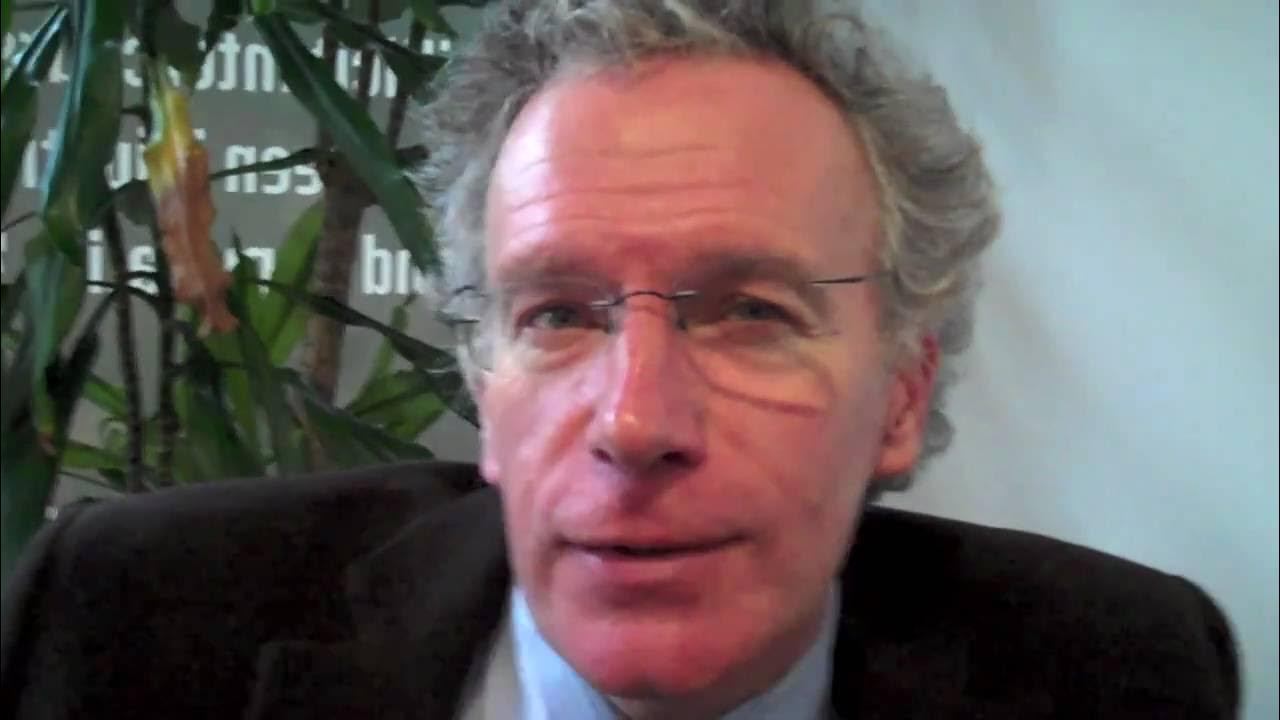KEMISKINAN DAN PENGANGGURAN INDONESIA | SRI MULYADI MENTERI KEUANGAN
Summary
TLDRThe speaker addresses the irony of rising unemployment and poverty despite economic discussions. They highlight the impact of the pandemic on economies, including Indonesia's, with unemployment rates increasing. The speaker emphasizes the government's efforts to recover through fiscal policy, social assistance, and infrastructure development. They refute perceptions that the government only caters to large businesses, detailing support for small businesses and the ultra-poor. The discussion also covers the importance of focusing on poverty and extreme poverty, as well as the government's initiatives to provide credit, healthcare support, and social welfare programs to alleviate these issues.
Takeaways
- 📈 The speaker discusses the irony of rising unemployment and poverty despite macroeconomic and fiscal complexities.
- 🌐 The pandemic has led to economic contractions globally, affecting Indonesia's unemployment rates which increased from 5.2% to 7.1%.
- 💼 The government has implemented fiscal policy instruments to address unemployment, including social assistance programs.
- 🏭 There's a perception that the government's fiscal policies only cater to large businesses, but the speaker clarifies that social assistance is also provided.
- 📉 Unemployment rates have started to decrease, now below 6%, showing a positive trend in economic recovery.
- 📊 Poverty rates initially rose but have since decreased, indicating government efforts are having an impact.
- 🏗️ Infrastructure development, including sanitation and irrigation, is highlighted as a key area for government focus to reduce unemployment and poverty.
- 💼 The government is providing credit to small and micro businesses, with a significant increase in credit volume from pre-COVID levels.
- 💰 Ultra-micro loans (Umi) are being offered to reach those who cannot access banking services, with a total fund of 10 trillion and over 7 million recipients.
- 🏥 Social welfare programs like PKH (conditional cash transfers) and health insurance subsidies are being strengthened to support vulnerable populations.
- 🌱 Success stories of individuals moving from social assistance to self-sufficiency are shared, demonstrating the effectiveness of government programs.
Q & A
What is the main issue discussed regarding the economy?
-The main issue discussed is the rise in unemployment and poverty, which is seen as ironic given the complexity of macroeconomic and fiscal policies.
How has the pandemic affected the economy and unemployment rates?
-The pandemic has caused economic contraction, leading to an increase in unemployment rates from 7 million to 9.7 million, affecting all countries.
What measures were taken to address the economic downturn?
-Fiscal policy instruments were discussed, including social assistance programs and support for small and medium enterprises (SMEs).
What is the current state of unemployment in Indonesia?
-Unemployment has started to decrease and is now below 6%, specifically at 5.9%, with a return to 8.4%.
What steps are being taken to reduce poverty?
-The government is focusing on poverty reduction, especially extreme poverty and stunting, by providing social assistance like the Indonesian Family Hope Program (PKH) and other welfare programs.
How does infrastructure development play a role in the economy?
-Infrastructure development, including roads, sanitation, clean water, and irrigation, is seen as a way to stimulate the economy and is managed by the Ministry of Public Works and Public Housing (PUPR).
What is the government's approach to supporting micro, small, and medium enterprises (MSMEs)?
-The government is providing credit and business loans to MSMEs, with a significant increase in the volume of credit available, reaching 379 trillion for over 7.6 million borrowers.
What is the significance of the Ultra Micro Credit (UMi) program?
-The UMi program is designed to provide financial support to the smallest businesses, especially those that may not have access to traditional banking, with a total fund circulation of 10 trillion and over 7 million recipients.
How does the government assist families in need through social programs?
-The government assists families through various social programs like the PKH, which is based on the number of children in the family, and provides additional support for health insurance and maternity benefits.
What is the impact of social assistance on recipients' lives?
-Social assistance programs have enabled recipients to become self-sufficient, with some starting their own businesses and no longer requiring government aid.
How does the government ensure that the public understands the scope of its economic policies?
-The government is working to communicate the breadth of its economic policies, emphasizing that they are not only for large corporations but also for small businesses and individuals.
Outlines

This section is available to paid users only. Please upgrade to access this part.
Upgrade NowMindmap

This section is available to paid users only. Please upgrade to access this part.
Upgrade NowKeywords

This section is available to paid users only. Please upgrade to access this part.
Upgrade NowHighlights

This section is available to paid users only. Please upgrade to access this part.
Upgrade NowTranscripts

This section is available to paid users only. Please upgrade to access this part.
Upgrade NowBrowse More Related Video

Perekonomian Indonesia (Isu Kemiskinan)

Fintan O'Toole on Ireland - SpunOut.ie Interviews

Warning: Millions About to Lose Their Job – The Alarming Truth You Need to Hear!

INDONESIA TIDAK BAIK BAIK SAJA

La pobreza se desploma en Argentina

Real Story of Dunki | How Indians Cross US Mexico Border? | Donkey Process | Dhruv Rathee
5.0 / 5 (0 votes)